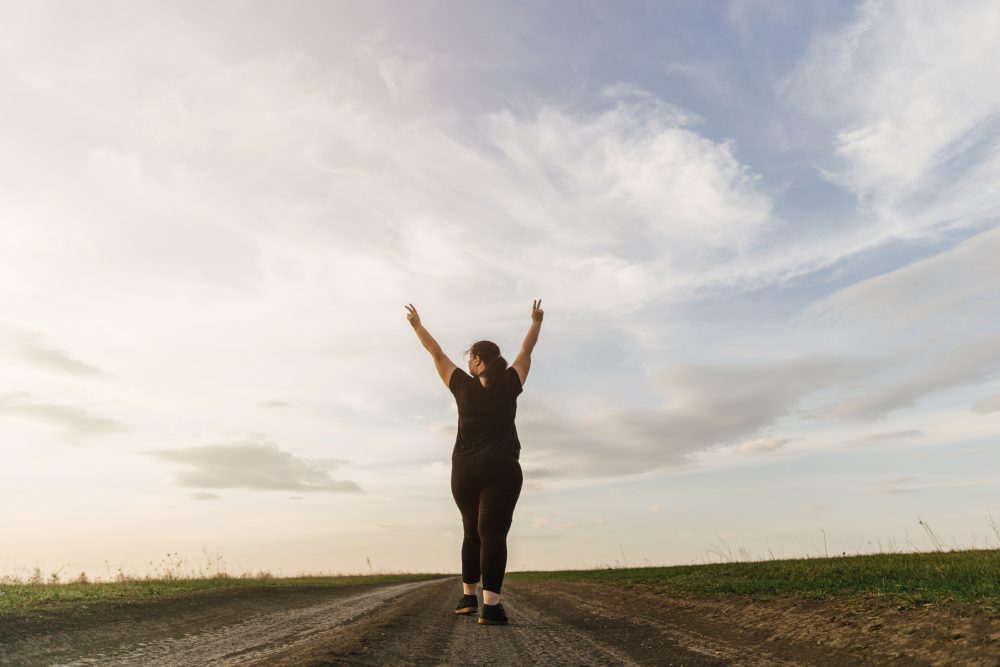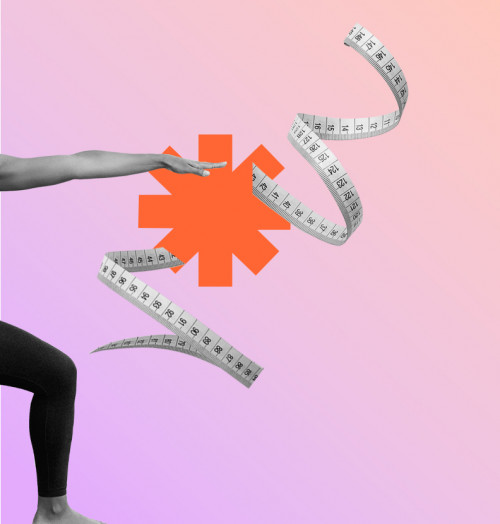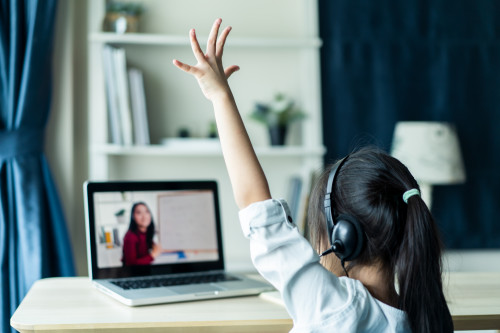At the end of summer 2022, inflation and economic concerns are top of mind.
Acting on Self-Care for the Soul
Since the start of COVID-19, self-care has become a non-negotiable need as people take a Me First approach to their mental health and wellbeing. In a survey conducted in May, 91% of US adults said their emotional health is just as important as their physical health – an 18% increase compared to October 2020 (77%).* To self-affirm and preserve mental sanity, people are discussing difficult topics openly, setting boundaries, and advocating for systemic changes that prioritize their wellbeing above all else. Brands are getting involved, too. Whether by elevating conversation around self-esteem or promoting acts of self-love in these trying times, brands are showing up as self-care champions.
Although finding inner peace can feel like an uphill battle, safe and open conversations can be the antidote to difficult times. A Dove survey of girls aged 10-17 found that by age 13, 80% of girls distort the way they look online – indicating early exposure to self-esteem crippling filter culture on social media. To remedy the anxiety, Dove teamed up with body positivity icon and singer Lizzo for #TheSelfieTalk campaign, an extension of their long-running Self-Esteem Project, encouraging parents to talk with their kids about unrealistic photos online and remind them of their self-worth – unfiltered. Since its creation in 2004, The Dove Self-Esteem Project has reached nearly 70M young people, aiming to bring awareness to toxic beauty culture, with a commitment to help build self-confidence for 250M by 2030.
Sometimes uneasy life experiences feel necessary to endure; however, knowing when to step away is vital to preserving emotional balance and wellbeing. Elite tennis player Naomi Osaka has drawn global attention after skipping out on a post-game interview, required by her contract, due to overwhelming anxiety. While her actions resulted in fines and foregoing participation in the French Open and the Berlin WTA 5000, her self-affirming actions received acclaim and support from icons like Serena Williams and big name brands. The Calm app showed support by paying the $15,000 fine incurred for the missed interview, and Osaka’s sponsors Sweetgreen and Nike vocalized their support on Twitter for prioritizing her mental health.
Brands are also working to ensure people have the bandwidth for self-care by tackling systemic issues that prevent it. With teetering work/life balance made worse during the pandemic, especially for parents, people recognize the urgent need for workplace practices and cultural norms to change. Spotify, Pixar, and 200+ companies are joining anti-workplace harassment non-profit TIME’S UP to reimagine the caregiving economy by forming the TIME’S UP Care Economy Business Council. They aim to establish viable solutions like flexible work schedules for overspent parents and investment in paid leave, while advocating for public policies like federally funded family and medical leave and affordable dependent care.
Times are tough, and brands can help enable necessary “me time,” too. A national gym and fitness brand can offer practical self-care solutions for customers that have dependents. Offer low cost engaging movement classes for kids to participate in while parents destress with a workout, helping them get necessary self-care without childcare stress. The offer will lead to increased brand engagement, sales, and trust. Spread the word through TV and audio to bring awareness to your hassle-free offer.
Source: *Horizon Media, Finger on the Pulse. Survey fielded 4/27/21-5/4/21, n=857




